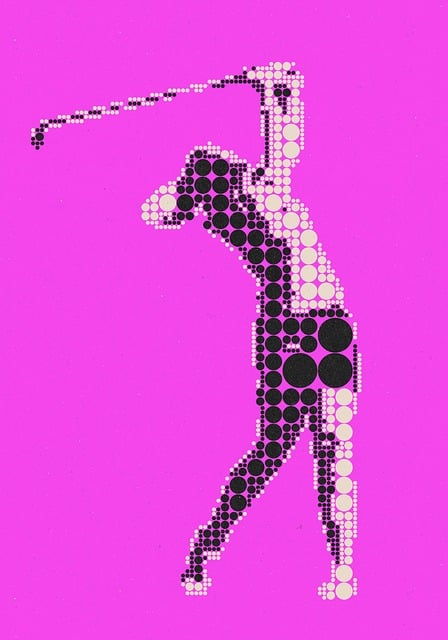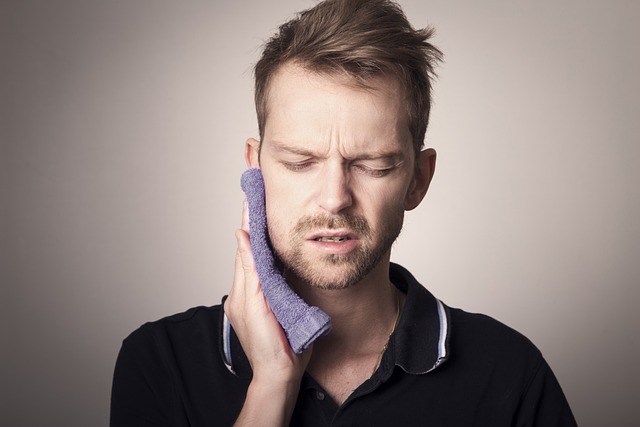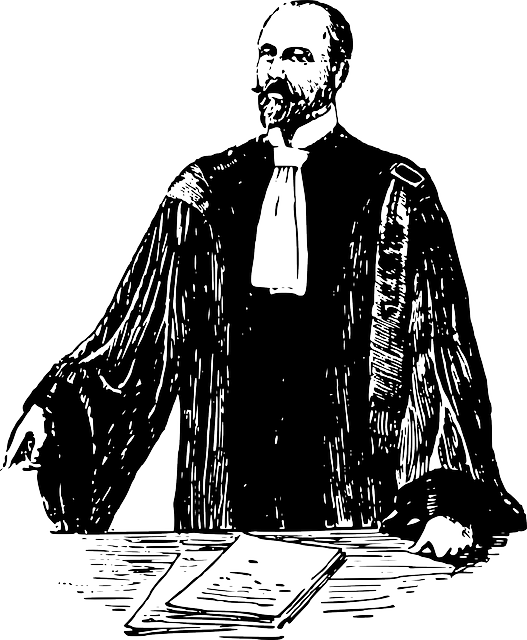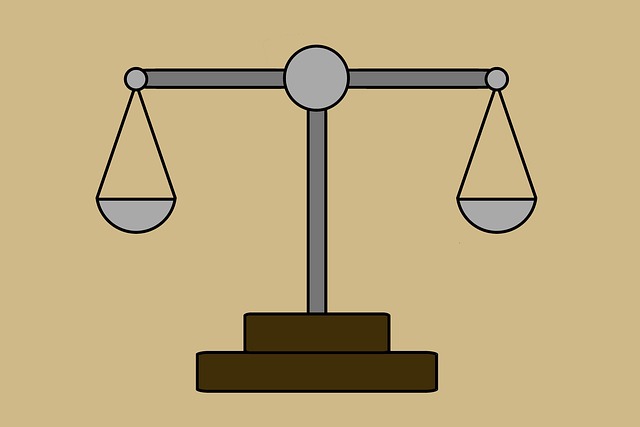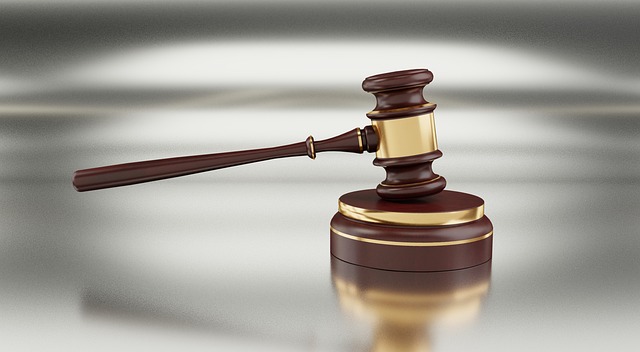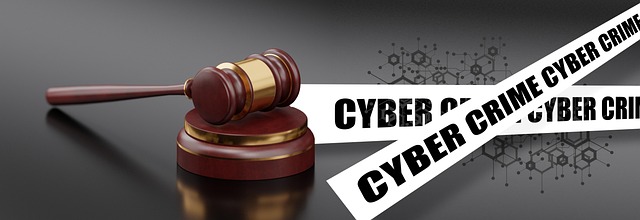Understanding criminal defense hearings is vital for navigating the criminal justice system. Strategic preparation involves gathering evidence, consulting attorneys, and developing arguments against prosecution claims. Effective appeals require identifying strong grounds, reviewing trial records, and meeting strict deadlines. Avoiding mistakes like self-incrimination, inadequate preparation, and poor communication strengthens the criminal justice defense. Utilizing expert witnesses and character witnesses can significantly aid in case outcomes. Post-trial relief provides avenues to challenge unfavorable verdicts through motions and appeals. Skilled attorneys are crucial for navigating these complex processes.
“Navigating the complex world of criminal justice defense requires a comprehensive understanding of hearings and appeals. This article serves as your guide through the intricate process, empowering you with knowledge on key aspects from pre-hearing preparation to post-trial relief.
We’ll explore rights and procedures at criminal defense hearings, evidence and legal strategy, grounds for appeal timelines, and common pitfalls to avoid. Learn about leveraging expert testimony, character witnesses, and navigating post-trial options, ensuring a robust criminal justice defense.”
- Understanding Criminal Defense Hearings: Rights and Procedures
- Preparing for Your Hearing: Evidence and Legal Strategy
- Navigating Appeals Process: Grounds for Appeal and Timelines
- Common Mistakes to Avoid During Criminal Justice Defense
- Expert Testimony and Character Witnesses: Enhancing Your Case
- Post-Trial Relief: Options After an Unfavorable Verdict
Understanding Criminal Defense Hearings: Rights and Procedures

Understanding Criminal Defense Hearings is a cornerstone in navigating the intricate landscape of criminal justice defense. These hearings serve as critical milestones where the accused’s rights are protected and the facts of the case are unveiled. The process begins with an initial hearing, providing a forum for both the defendant and prosecutor to present preliminary arguments and evidence. This stage ensures that all parties involved are well-informed about the upcoming legal battle.
During these hearings, the accused is entitled to several fundamental rights. These include the right to legal representation, ensuring fair advocacy; the right to remain silent, protecting against self-incrimination; and the right to confront witnesses, allowing for a comprehensive understanding of the evidence against them. Understanding and exercising these rights are paramount in building a robust defense strategy within the criminal justice system.
Preparing for Your Hearing: Evidence and Legal Strategy
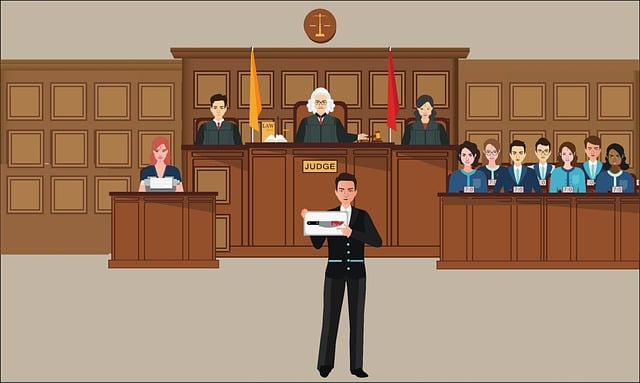
Preparing for a criminal justice defense hearing involves meticulous planning and strategic thinking. The first step is to gather all relevant evidence that supports your case. This includes witness statements, physical evidence, and any documents that can refute the prosecution’s claims. Organize this information in a clear and concise manner so that it can be easily referenced during the hearing.
Additionally, developing a robust legal strategy is paramount. Consult with your criminal defense attorney to understand the strengths and weaknesses of your case. They should guide you on which evidence to emphasize and how to present it effectively. Rehearse potential arguments and anticipate counterpoints from the prosecution. This preparation will ensure that your hearing and subsequent appeals are well-supported and maximize your chances of a favorable outcome in the criminal justice system.
Navigating Appeals Process: Grounds for Appeal and Timelines
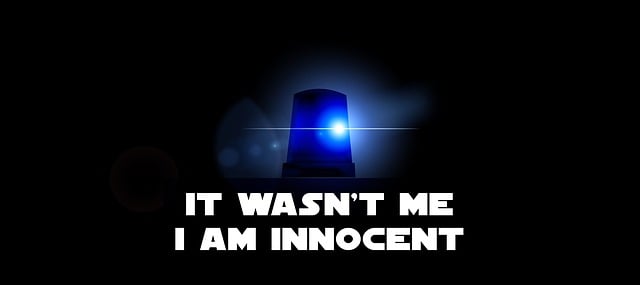
Navigating the appeals process in a criminal justice defense is a crucial step for ensuring fairness and correcting potential errors. The first step begins with identifying grounds for appeal, which can include issues like procedural errors, ineffective assistance of counsel, or wrongful conviction. These grounds must be well-founded and supported by evidence to have a strong appeal case. Legal professionals thoroughly review the trial record, consult with experts, and gather supporting documents to strengthen their arguments.
Timelines are critical in this process. Appeals typically have strict deadlines, often ranging from 30 days to a year post-conviction, depending on jurisdiction. Failure to file within these time frames can result in forfeiture of the right to appeal. Therefore, it’s essential for criminal justice defense teams to be diligent and proactive, ensuring all necessary paperwork is completed accurately and filed promptly to maximize chances of success and ensure a fair outcome for the client.
Common Mistakes to Avoid During Criminal Justice Defense

Many defendants make mistakes that hinder their criminal justice defense during hearings and appeals. One common blunder is failing to understand and assert their rights effectively. It’s crucial to know the right to remain silent, the right to an attorney, and the right to a fair trial. Ignoring these can lead to self-incrimination and weakens your case.
Another mistake is not preparing adequately for hearings. This includes failing to gather and present relevant evidence, missing deadlines for filing documents, and not thoroughly researching the law applicable to their case. Effective communication with your lawyer is also vital. Miscommunication or withholding important information can result in misunderstandings and strategic miscalculations, ultimately impacting the outcome of your criminal justice defense.
Expert Testimony and Character Witnesses: Enhancing Your Case
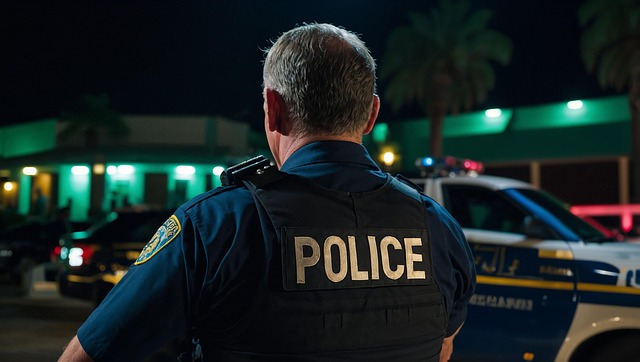
In a criminal justice defense, expert testimony can significantly bolster your case by providing specialized knowledge and insights that are beyond the understanding of the average layperson. This could include forensic experts who analyze evidence, mental health professionals offering assessments of a defendant’s state of mind, or economic experts interpreting financial records. Such testimony not only adds credibility to your argument but also helps the judge or jury comprehend complex issues.
Character witnesses play another vital role in criminal defense hearings. By calling friends, family members, or colleagues who know the defendant well, you can present a positive character picture that contrasts with the alleged crimes. These witnesses offer firsthand accounts of the defendant’s behavior, moral integrity, and contributions to their community, thereby humanizing the individual and potentially swaying the outcome in their favor.
Post-Trial Relief: Options After an Unfavorable Verdict

After a criminal trial results in an unfavorable verdict, accused individuals have several options for post-trial relief within the realm of criminal justice defense. These avenues provide a chance to challenge the outcome and seek a different result. One common route is filing a motion for a new trial, where defendants can present new evidence or argue that the previous proceedings were unfair. This process requires a thorough understanding of procedural rules and evidentiary requirements.
Appeals are another critical post-trial relief mechanism. Defendants can appeal to higher courts, asserting errors in the lower court’s decisions, such as improper admission of evidence or jury instructions. The appeals process involves meticulous legal briefing and oral arguments, aiming to convince appellate judges to overturn the conviction. Skilled criminal justice defense attorneys play a pivotal role in navigating these options and ensuring that all potential grounds for relief are thoroughly explored.

